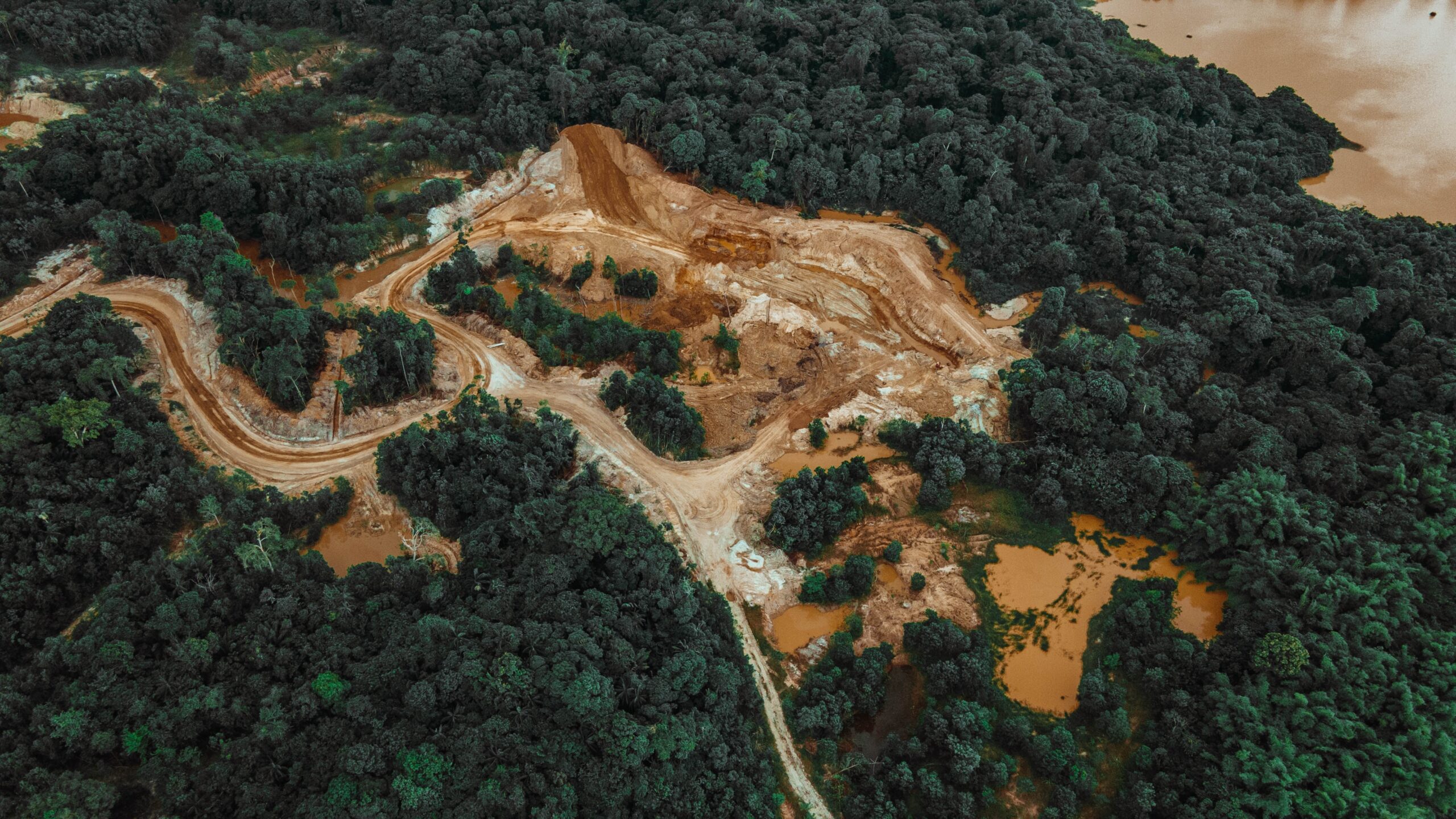A pivot point for the Brazilian agribusiness in the promotion of zero deforestation

Photo: Renaldo Matamoro (Unsplash)
The new European Regulation on deforestation has raised much criticism within the productive sector in Brazil. The main comments regard its unilateralism and the overlapping of national legislations – arguments that could spawn contestation to the World Trade Organization (WTO). Such contestation generates insecurity and it delays decisions that need to be taken in Brazil, while producers from other countries gain the upper hand. Therefore, it is necessary to thoroughly understand the Regulation, its mechanisms, and the opportunities that arise from it.
Importing companies are already taking measures to adapt to the new European guidelines. From now on, more transparent supply chains with lower risk of deforestation will become more attractive. As a consequence, producers who manage to adapt quickly will increase their competitiveness considerably. This disproportionately impacts smallholders, who have less financial, strategic, and communicative capacity for this type of transformation.
The document – provisionally agreed between the Parliament and the European Council in December 2022 – states that actions to support producers, especially the small ones, to comply with the new requirements may be included as risk mitigation measures by importing companies. However, the text is unclear on how this support can be applied in practice. In addition, the document addresses the need for European countries to cooperate with the producing ones – especially those categorized as high-risk for deforestation and human rights violations – with the aim to jointly address the causes and support the transition to a risk-free production.
In this context, it’s important that these support and cooperation initiatives translate into concrete and accessible resources for rural producers. At the same time, it will be crucial to understand how producers can be placed in a position of active agents in the Regulation’s implementation, in order to ensure that such support measures are operative.
Apart from the new legislation, companies that import commodities with high risk of deforestation and human rights violations are under constant pressure from society and the market to mitigate these risks. In its recently published annual report, the international organization Global Canopy analyses the social and environmental commitments made by companies considered to have the greatest impact on tropical deforestation. The document reveals that 241 companies out of the 350 analysed have zero deforestation policies including at least one of the commodities used in their production chain. Of these 241, 30% have such policies for all the commodities they use.
Today, there are several projects and initiatives to facilitate the implementation of the legislation, connecting the production branch of non-European countries with specialized companies like Etifor to assist in this transition. For instance, Etifor was recently involved in the Al-Invest Verde program – financed by the EU – to support the forestry sector in Paraguay in finding new strategies to sustainably value their forest resources.
Finally, to gain competitiveness, the Brazilian agricultural sector must organize itself collectively and institute transparency and traceability mechanisms as soon as possible. In the meantime, the sector needs to understand how to seize the opportunities of partnerships provided for in the Regulation. The current moment, preceding the law’s entry into force, is indeed a pivot point for Brazilian agribusiness in order to not lag behind in the race for zero deforestation.

